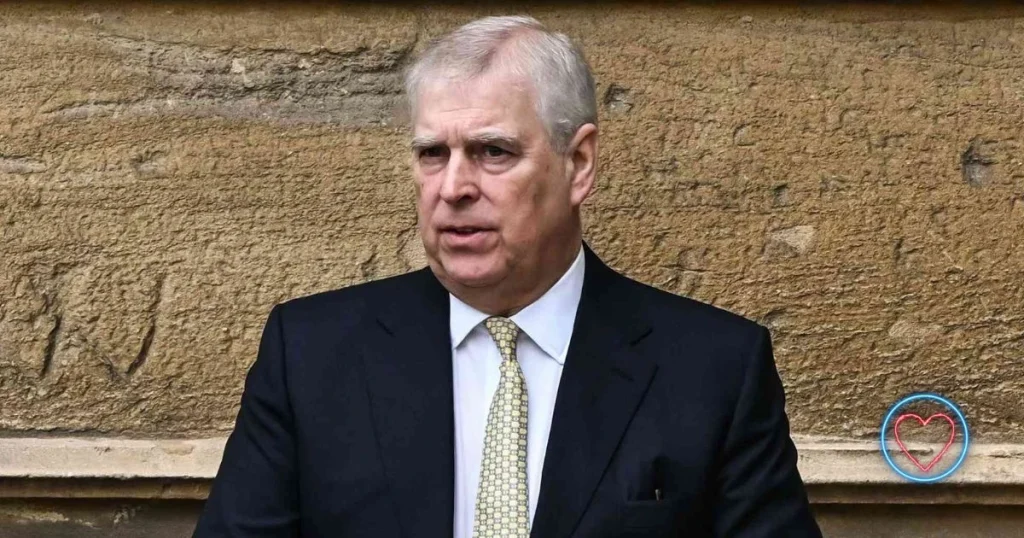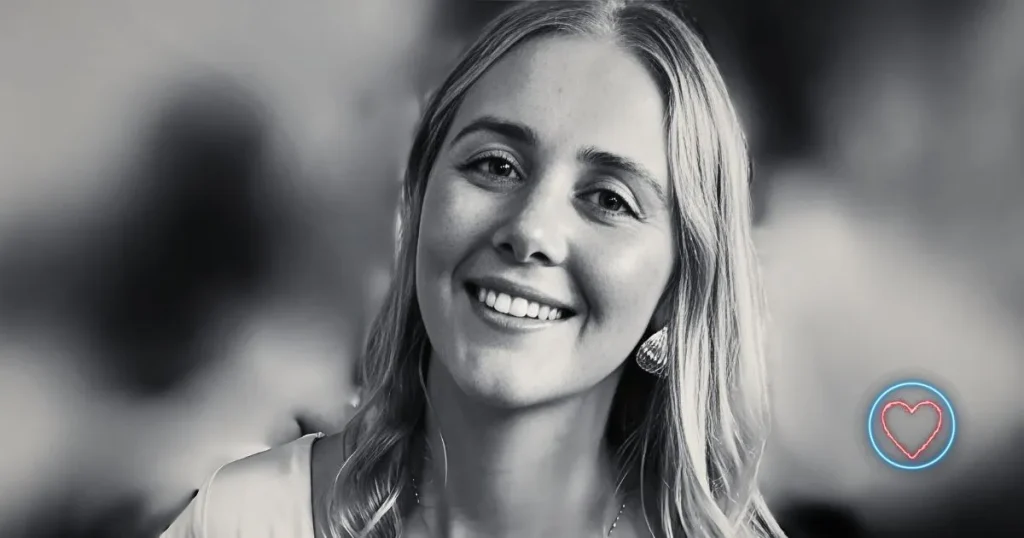May 25, 2025, marks the fifth anniversary of George Floyd’s death—a moment that not only shocked the United States but also ignited a global reckoning on racism, police brutality, and systemic inequality. As we reach this milestone, the world pauses to reflect on what has changed, what remains the same, and how Floyd’s legacy continues to shape policies, communities, and conversations.
The Incident That Changed the World
Back in 2020, George Floyd, a 46-year-old Black man, lost his life in Minneapolis after a white police officer, Derek Chauvin, knelt on his neck for 9 minutes and 29 seconds during an arrest. A bystander captured the harrowing footage on a cellphone, and within hours, it went viral. Floyd’s repeated plea, “I can’t breathe,” quickly became a rallying cry for justice and a global emblem of systemic police violence.
In response, millions flooded the streets across all 50 U.S. states and over 60 countries. United under the banner of Black Lives Matter, protesters demanded significant reforms in law enforcement, the criminal justice system, and broader racial equity.
A Wave of Protest and Policy Response
The world witnessed an unprecedented wave of activism. Protesters toppled statues, scrutinized police budgets, and compelled city councils to reimagine what public safety could look like. Several states responded by banning chokeholds, requiring body cameras, and increasing police oversight.
Congress introduced the George Floyd Justice in Policing Act in 2020 to create national standards for policing, restrict no-knock warrants in drug cases, end qualified immunity for law enforcement, and establish a police misconduct registry. Although the House passed the bill, partisan divisions in the Senate stalled its progress. This legislative impasse served as a sobering reminder that systemic change is often slow and contested.
Nevertheless, progress emerged at local levels. Cities such as Los Angeles, Minneapolis, and Seattle began diverting funds toward community-based public safety programs. These initiatives aimed to provide mental health support, youth outreach, and housing services—elements many believe are critical to preventing crime and improving lives.
Cultural Shifts and Corporate Accountability
The impact of Floyd’s death extended beyond politics. Institutions across various sectors began reevaluating their roles in perpetuating inequality. Corporations released public statements supporting racial justice and pledged billions toward diversity and inclusion programs. However, critics questioned the sincerity and long-term commitment of these initiatives.
Schools revised their curricula to include a more accurate and inclusive account of America’s racial history. Anti-racism training became more prevalent in educational and corporate settings. At the same time, books by authors like Ibram X. Kendi, Michelle Alexander, and Ta-Nehisi Coates soared in popularity, sparking meaningful dialogue nationwide.
In the entertainment industry, filmmakers and producers began amplifying Black stories. Networks reexamined content that glorified police brutality or erased the realities of racism. These cultural changes demonstrated a growing awareness of the power of representation and storytelling.
The Legal Aftermath
In April 2021, a jury convicted Derek Chauvin on all charges—second-degree murder, third-degree murder, and second-degree manslaughter. The court sentenced him to 22.5 years in prison. Additionally, the other three officers involved in the incident were convicted or pleaded guilty to various civil rights violations.
This rare instance of police accountability drew widespread attention. While many celebrated the verdict, civil rights advocates emphasized that true justice would mean George Floyd was still alive. Legal consequences, though important, do not fully address the root issues that led to his death.
Since then, other tragic incidents—such as the killings of Breonna Taylor, Daunte Wright, and Tyre Nichols—have kept the urgency for reform alive. Their stories continue to underscore the ongoing need for systemic change.
Mental Health and the Black Community
Floyd’s death also catalyzed critical discussions about mental health in Black communities. The traumatic video footage and the subsequent global reaction triggered collective grief and anxiety. For many, it was the first time they openly acknowledged the emotional toll of racial injustice.
Organizations like Therapy for Black Girls and the Boris Lawrence Henson Foundation, founded by actress Taraji P. Henson, experienced increased outreach and visibility. These platforms played a pivotal role in connecting individuals with culturally competent therapists and encouraging open conversations around mental wellness. As a result, Black mental health has become a more prominent part of public discourse.
Policing in 2025: Where Do We Stand?
Today, the state of American policing remains complex and uneven. Some cities have made significant progress in reforming their police departments. Departments now more commonly use body cameras, require de-escalation training, and involve civilian oversight boards in investigations.
At the same time, resistance to change persists. Police unions continue to wield considerable influence and often push back against reform efforts. In some states, political shifts have led to the rollback of progressive policies. Consequently, activists caution that the progress seen so far is fragile and far from complete.
When it comes to public opinion, the divide remains stark. Surveys reveal that while many white Americans trust the police, trust among Black and Latino communities is significantly lower. Interestingly, a large portion of the public supports both increased accountability for police misconduct and maintaining public safety funding—highlighting the nuanced nature of this debate.
George Floyd Square: A Living Memorial
At the intersection of 38th Street and Chicago Avenue in Minneapolis, now known as George Floyd Square, a powerful memorial continues to draw visitors from around the world. Murals, flowers, and community altars mark the place where Floyd took his last breath.
Although debates have emerged over reopening the area to traffic or expanding police presence nearby, community leaders remain committed to preserving it as a sacred space. Memorial events on this fifth anniversary include candlelight vigils, music performances, and public forums on racial justice.
Global Impact: Beyond U.S. Borders
George Floyd’s death resonated far beyond the United States. Around the world, people took to the streets to demand change in their own countries. In the United Kingdom, activists highlighted issues with stop-and-search policies disproportionately affecting Black Britons. Meanwhile, protests erupted in France, Canada, Brazil, Australia, and Germany.
International institutions also responded. The United Nations Human Rights Council held emergency debates on systemic racism, and countries began reassessing their colonial legacies. Floyd’s death inspired a transnational movement that forced societies to confront their own histories of oppression.
The Role of Youth and Social Media
Young people played an instrumental role in keeping the momentum alive. On platforms like TikTok, Instagram, and X (formerly Twitter), youth-led movements organized protests, shared educational content, and pushed for policy changes.
Hashtags like #JusticeForFloyd and #SayTheirNames helped people connect across borders. Viral infographics explained complex racial issues in digestible ways, encouraging broader participation. Social media, once seen merely as a distraction, became a critical tool in modern activism.
The Legacy of George Floyd
Perhaps the most profound impact of Floyd’s death lies in the cultural and societal awakening it sparked. Individuals, families, and communities began engaging in uncomfortable but necessary conversations about privilege, racism, and justice.
His legacy endures in legislation, art, protest, and dialogue. Though his life was taken unjustly, the movement he inspired has brought millions together in pursuit of equity and accountability.
George Floyd’s daughter, Gianna, once declared, “Daddy changed the world.” Indeed, his death catalyzed a shift that will be studied for generations.
The Road Ahead: Reflection and Responsibility
As we observe this fifth anniversary, we must move beyond remembrance and recommit to action. Justice is not a destination but a continual process. It demands engagement, humility, and the willingness to challenge entrenched systems.
Elected officials must enact and uphold meaningful reforms. Communities must remain vigilant and involved. Educators, employers, and media outlets must continue promoting equity and inclusion. Above all, society must refuse to return to complacency.
In Conclusion
Five years have passed since George Floyd’s final words echoed across the globe. The aftermath brought both hope and heartbreak—progress, but also resistance. Although change is often slow, it remains possible through persistent effort and collective will.
Anniversaries invite us to mourn, but they also call us to act. As we honor George Floyd’s memory, let us carry forward the fight for a more just and compassionate world.











